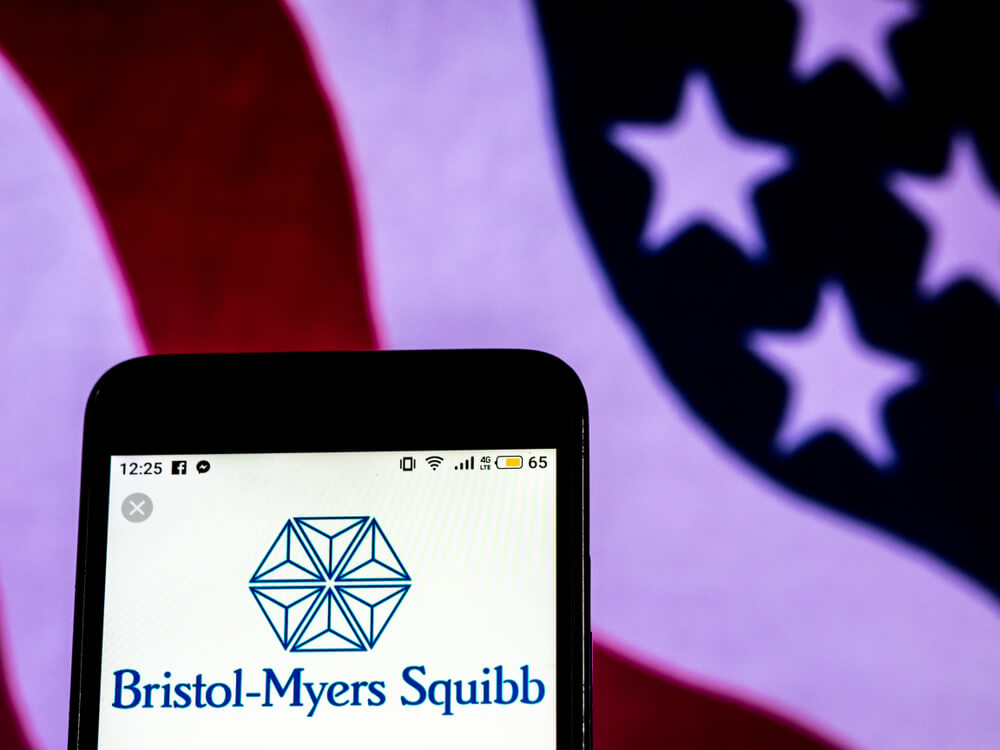



Get new exclusive access to healthcare business reports & breaking news




Bristol-Myers Squibb has partnered with France-based company, Voluntis to create and investigate digital therapeutic solutions that will support cancer patients.
The partnership will be based on Theraxium Oncology, Voluntis’ core platform for smartphone companion apps for cancer patients, and will evaluate potential solutions to support the management of patient symptoms and remote monitoring by healthcare providers.
A statement from Bristol-Myers Squibb explained that once researched and developed, the digital therapeutic will provide patients with access to a mobile app that will support treatment and track symptoms. The app will be developed to embed evidence-based algorithms intended to provide patients with real-time recommendations for self-management of symptoms related to their therapy.
The PM Live website speculated that, although it was not mentioned in the statement, the collaboration could also include Bristol-Myers Squibb’s checkpoint inhibitor Opdivo (nivolumab), which is indicated for use across a number of cancer types.
The two companies said they would also investigate ways the platform can enhance more effective patients’ communication with their health care providers, capture and track symptoms, and receive a personalized supportive care plan.
Paul von Autenried, Chief Information Officer, Bristol-Myers Squibb, said the partnership with Voluntis was an example of their company’s commitment to advance patient care with digital solutions. “By developing new technology and patient-centered initiatives such as these, we hope to advance the standards of clinical practice,” von Autenried said in a prepared statement.
Voluntis Chief Executive Officer, Pierre Leurent, said Bristol-Myers Squibb was a leading innovator in oncology and it is hoped that the partnership will develop digital therapeutics that could have a significant impact on the treatment experience for patients worldwide.
“This collaboration is a recognition of our unique know-how and technology, as well as an important opportunity to bring it to scale in oncology,” Leurent said.
In a recent statement announcing Voluntis’s strategic roadmap, Leurent said the company’s commercial momentum in oncology demonstrates both the relevance of their approach and the unique profile of their assets.
The FierceBiotech website reported that Voluntis had received clearance from the U.S. Food and Drug Administration (FDA) in August 2019 for a similar, oncology-focused software-as-medical-device. The France-based company’s Oleena app and algorithms provide users with all types of cancer adaptive and real-time symptom management advice.
The idea behind the Oleena app was that it could potentially reduce unnecessary emergency room visits, hospitalizations, and interruptions in treatment. The app provides on-demand directions for starting and dosing supportive therapies; Voluntis’ objective is to help patients self-treat the most common side effects associated with cancer therapy, such as pain, diarrhea, and nausea.
Voluntis has a history of collaborating with big pharma. In 2017, the French company announced that it was expanding its alliance with Sanofi to develop a new mobile app for insulin patients.
However, last December, Sanofi’s CEO, Paul Hudson, announced the termination of research into diabetes and cardiovascular treatment programs, among a host of other changes. This meant the termination of the partnership with Voluntis, which was cancelled before the completion of feasibility studies.
On its part, Voluntis said the global distribution contract with “Sanofi has been refocused on the French territory only, in line with Sanofi’s new strategic directions in diabetes.” The partnership was in relation to Diabeo, a solution developed with Sanofi France and CERITD, and will end in December of this year, in accordance with its contractual term, the company said.
In addition, Leurent, Voluntis’ CEO, said: “With regard to diabetes, we are suspending investments linked to direct commercialization in the United States, as their profitability horizon proves to be too distant in view of the group’s objective of financial break-even.
Last year, Voluntis announced that it was terminating a collaboration with Roche Pharma France to pursue ZEMY’s development in breast cancer. The two companies had gone into partnership in 2015, with collaboration being abandoned at the end of April 2019 at the conclusion of the feasibility clinical study that Roche Pharma France conducted.
Voluntis also has partnerships with AstraZeneca on ovarian cancer and another with Novartis, where they are working on a digital therapeutic platform for breast cancer patients to help manage their symptoms.
Bristol-Myers Squibb has long had an interest in cancer treatment. Last year, the company acquired Celgene. With that acquisition, Bristol-Myers Squibb gained control of one of the most successful cancer drugs of recent years, the top-selling blood-cancer therapy, Revlimid, which costs more than $100,000 a year